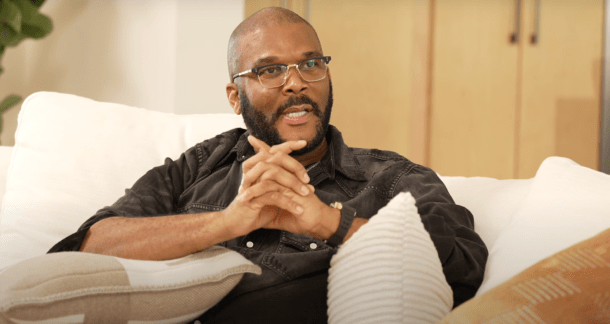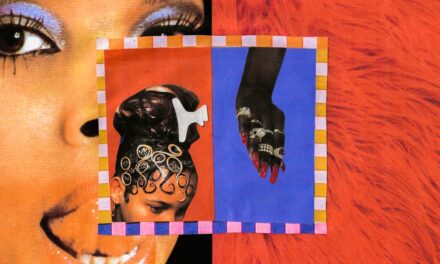By Amaka Watson | Houston Defender | Word In Black
This post was originally published on Defender Network

(WIB) – In a recent viral podcast appearance, Tyler Perry, the entertainment mogul, sparked a heated debate when he shared his views on income disparities in relationships. The conversation revolved around whether it’s acceptable for women to earn more than their significant others, particularly within the Black community. Perry’s comments, although well-intentioned, ignited a contentious discussion that highlights the complexities of gender, income and love.
Perry began by acknowledging the reality that, in today’s society, many Black women outearn their male counterparts. He argued that love and partnership should not be solely determined by financial contributions.
“If you can find love, if that man works at whatever job and is a good man, and is good to you, and honors you, and honors the house, and honors his wife, and does what he can, that is okay.” He continued to say, “As long as he’s secure in himself to know that, ‘Yeah, she makes most of the money, all I can pay is the light bill.’ As long as she’s comfortable enough to say, ‘I’m gonna cover the mortgage and all the other stuff,’ that is fine.”
However, these statements didn’t sit well with everyone. Some critics questioned the accuracy of Perry’s assertion that Black women, on average, earn more than Black men. While statistics do show that Black women are obtaining more bachelor’s degrees, they still face wage disparities compared to their male counterparts. This discrepancy is not unique to the Black community but is a broader societal issue.
Popular dating coach Sheneka Adams voiced concerns on Twitter about the so-called “struggle love” narrative, which implies that women should accept less in relationships simply because they earn more. She argued that women should never settle for less than they deserve, and that financial stability is a valid criterion in choosing a partner. She contends it’s a viewpoint rooted in self-worth and independence.
Others criticized Perry’s remarks by drawing attention to his own body of work, which has often depicted successful women struggling in their relationships due to their independence. They questioned how Perry, who has profited from such narratives, could now advocate for a different perspective.
The debate surrounding dating within or below one’s income level is not unique to the Black community. Studies have shown that people, regardless of race, are often hesitant to date individuals who earn less than them or to become the primary breadwinner in a relationship. Money plays a significant role in relationships, and individuals are concerned about financial stability and economic equality.
This ongoing discussion raises essential questions about gender dynamics, financial expectations, and societal pressures within the context of love and partnership. While Tyler Perry’s intent might have been to promote the idea of love being more important than income, the conversation goes beyond a simple black-and-white perspective. It calls for a nuanced exploration of how economic factors can impact relationships and the importance of open communication and mutual understanding.
What are your thoughts about Tyler Perry’s statement?


